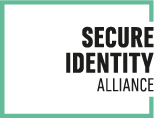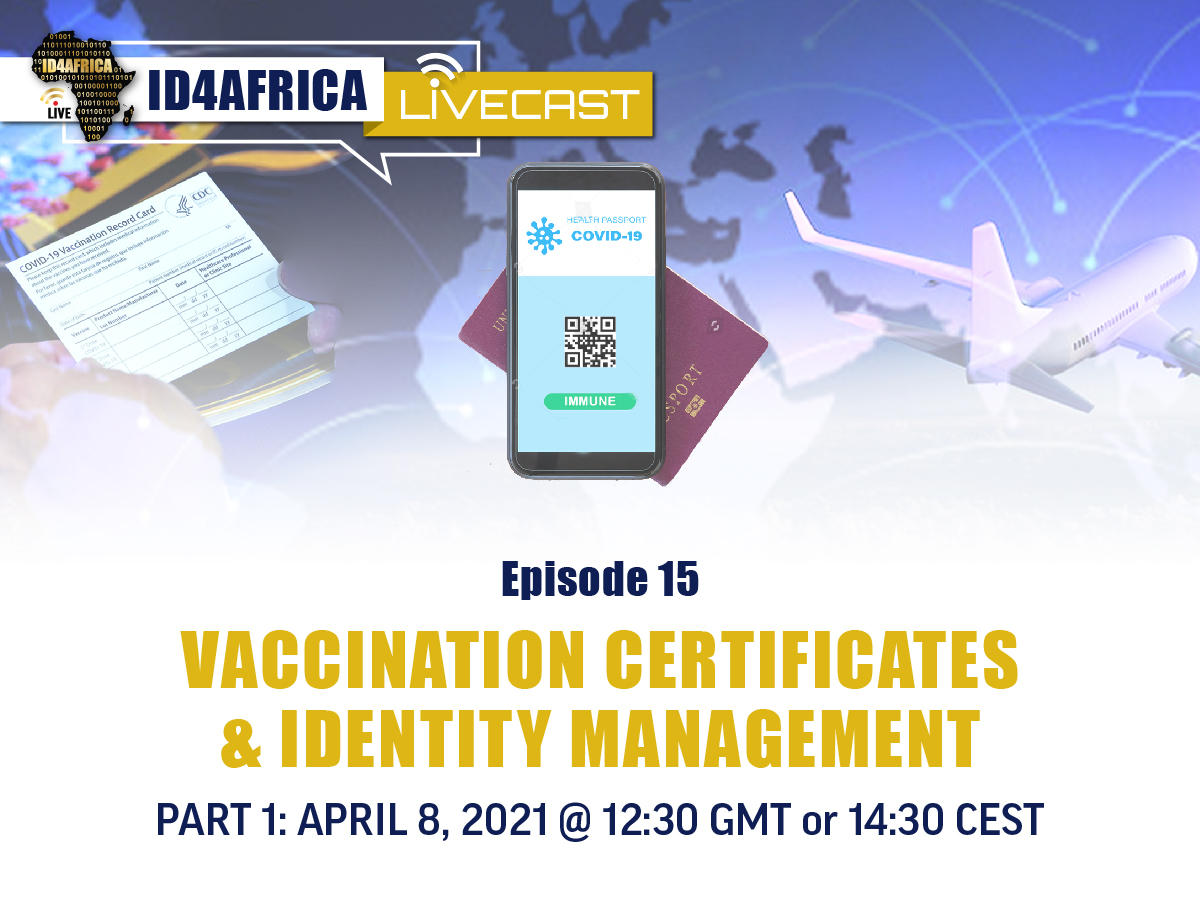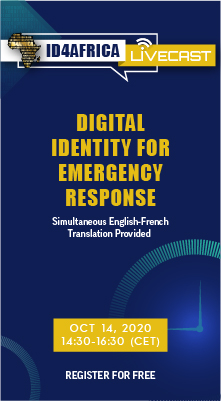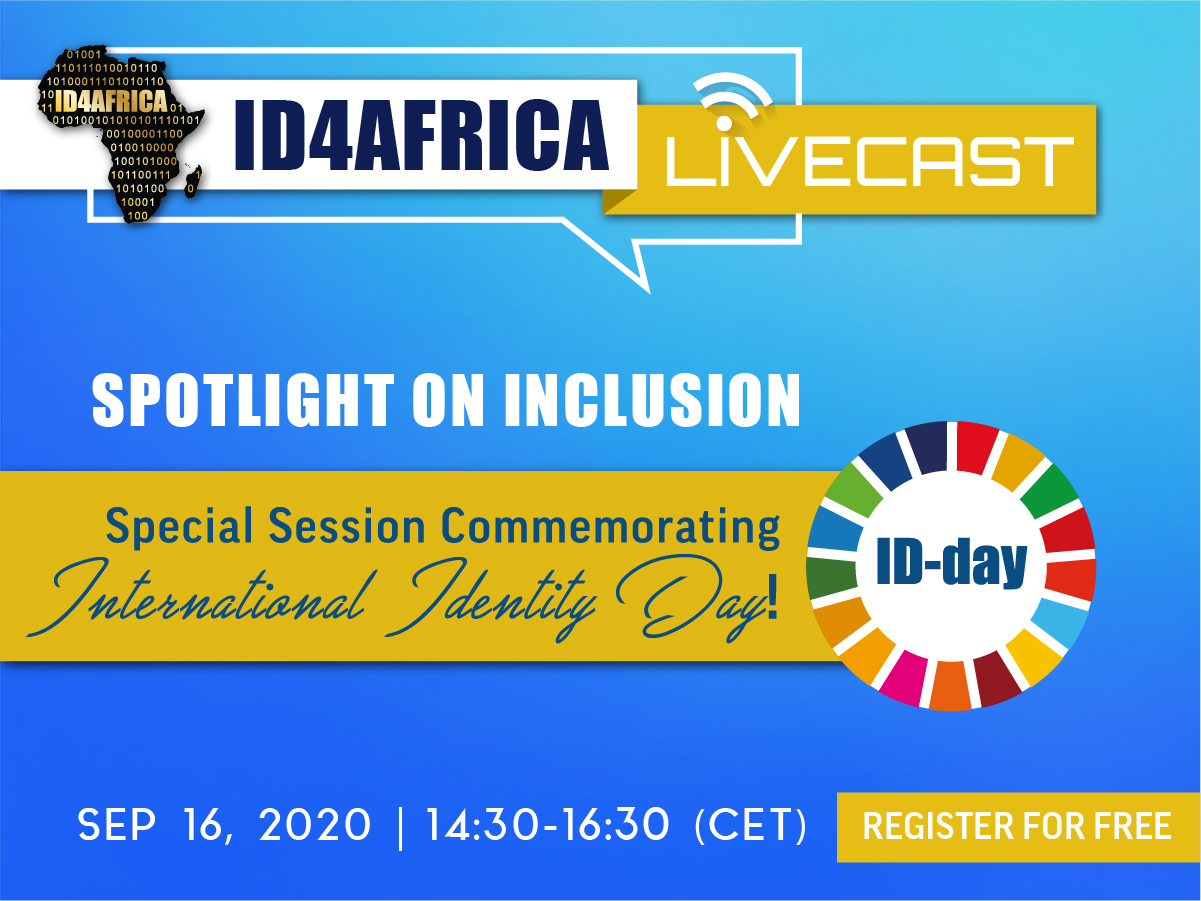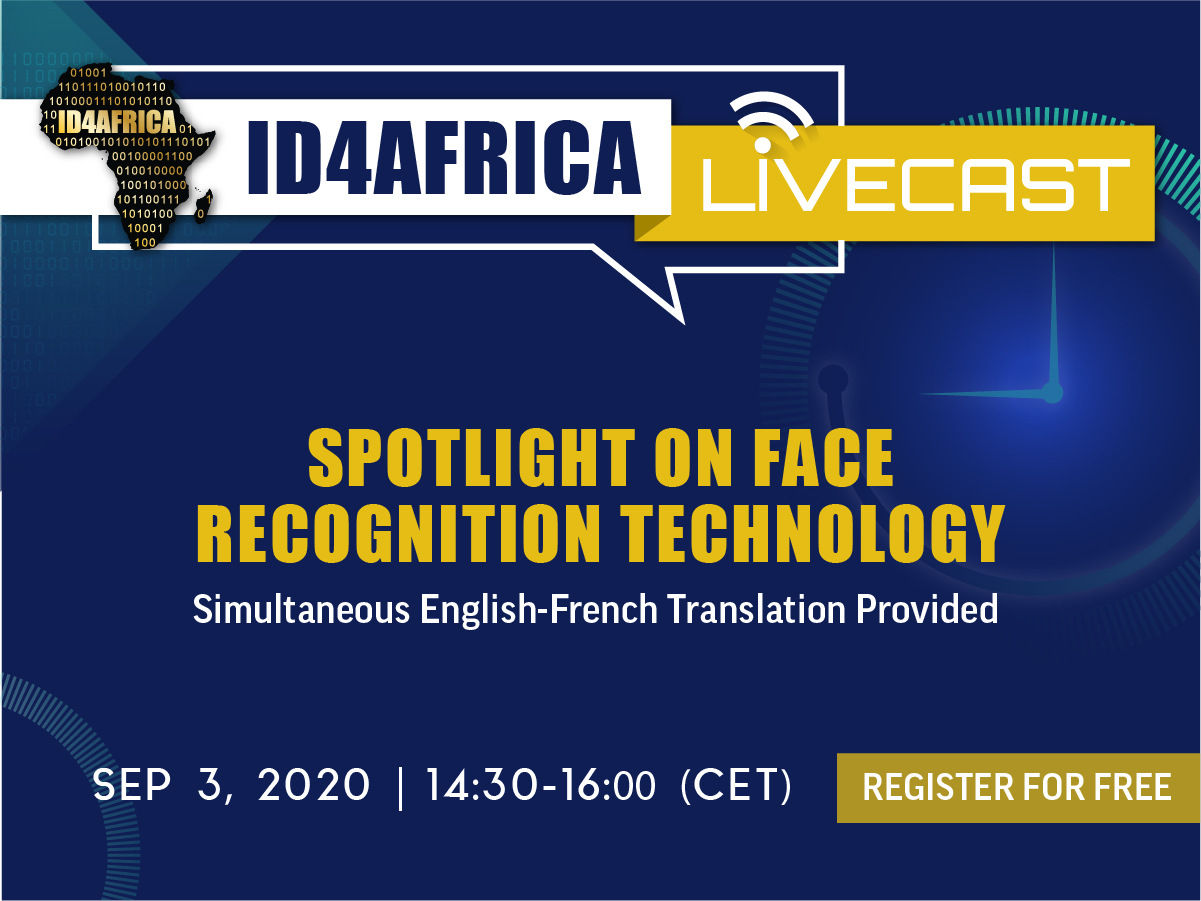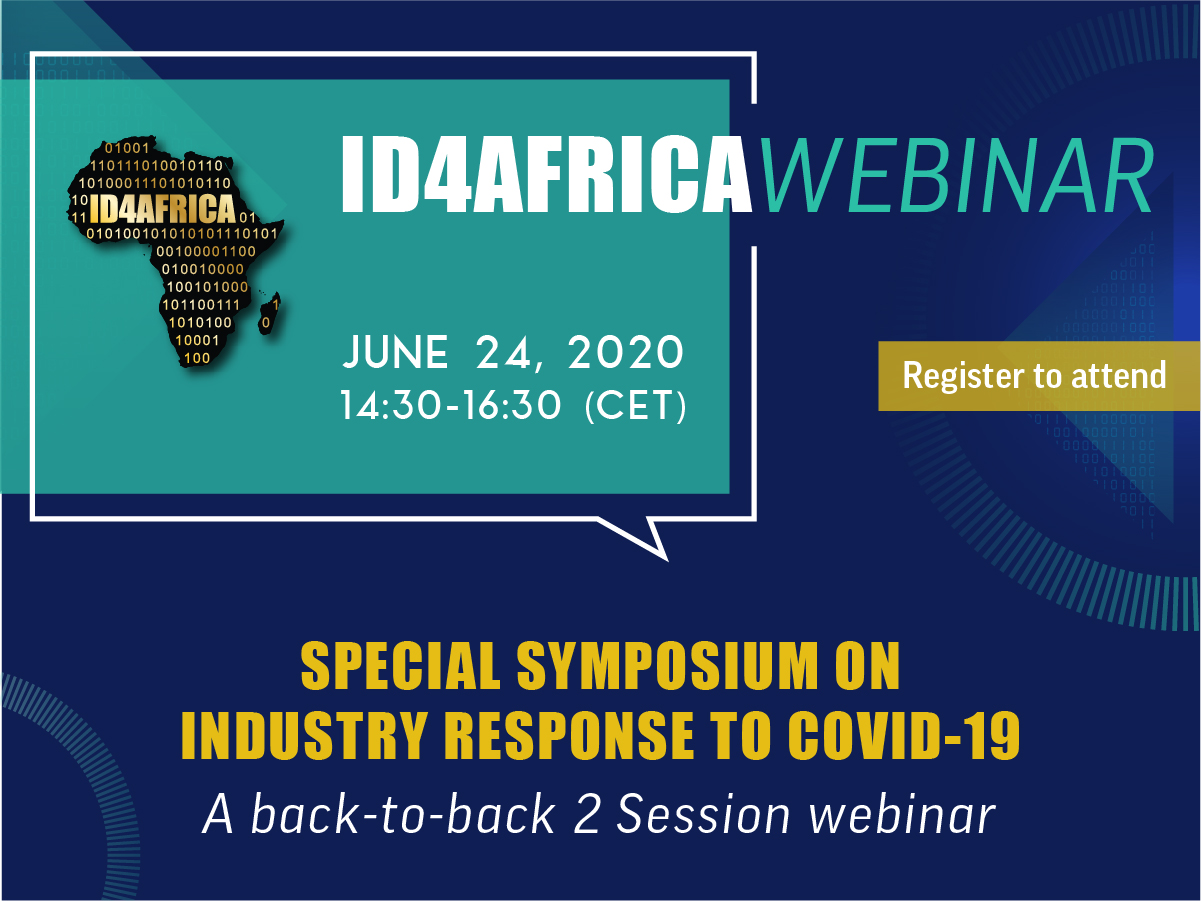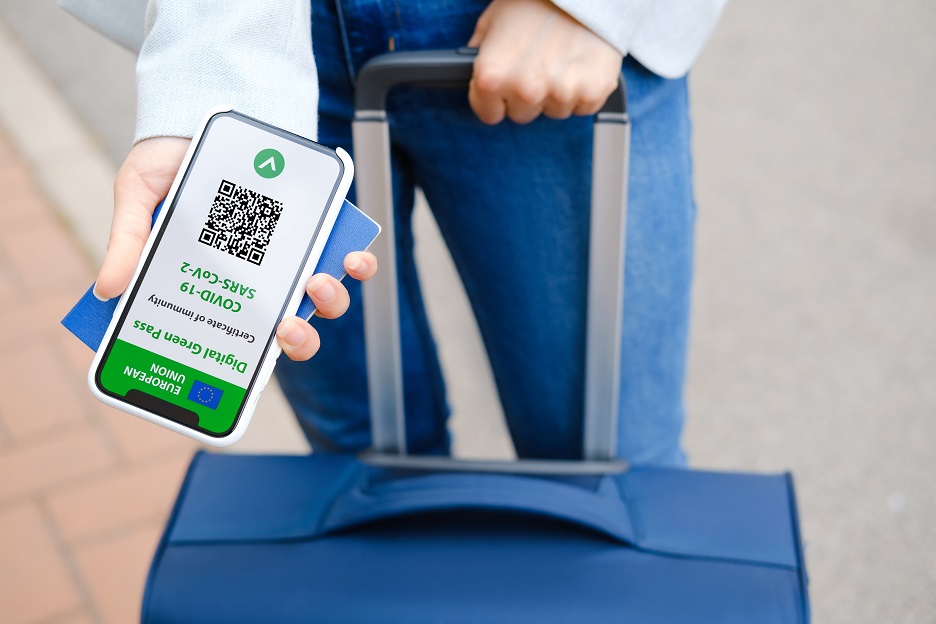
As governments and NGOs look to health certificates as a response to the challenge of safely reopening borders and reinstating freedom of movement for citizens, there is now a very real urgency in consolidating approaches, agreeing standards and achieving interoperability. Failure to do so will reduce international acceptance and threaten to derail these important initiatives. Here, we take a look at the key issues.
Health certificates schemes promise to streamline how people demonstrate they are unlikely to either catch or spread a particular disease, or diseases. While not a new concept, the COVID-19 pandemic has brought discussions of wider adoption and standardized adoption into sharp refrain.
In today’s context, these schemes use physical and/or digital certificates to make it easier for airlines, airports, border control agencies and others to verify whether a certificate holder has been vaccinated against COVID-19, has tested negative for the virus, or has recovered from it.
The increasingly widespread introduction of these certificates has allowed governments to lift a number of pandemic-related restrictions – from cross-border travel to attending large public gatherings such as sporting events.
